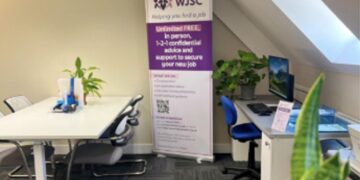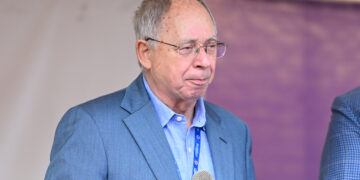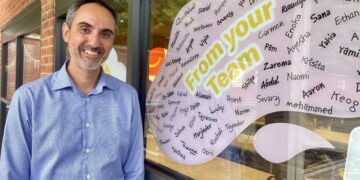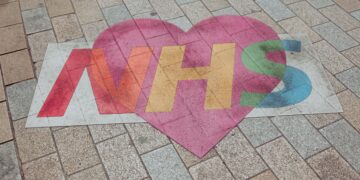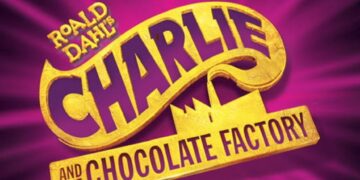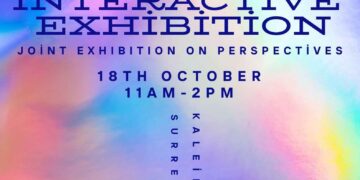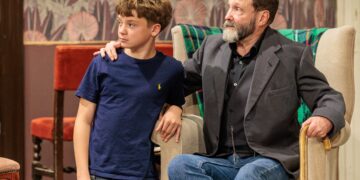Maybe it was partly a consequence of Covid, but a couple of years ago, it felt as though technology had made a huge breakthrough. It was simple to use and made life easier for people. Surely this is progress.
Children could be educated from home. A recognisable version of life was facilitated through technology.
During those grim days, older people were able to embrace video calling apps to stay in touch. The BBC iPlayer would be a source of entertainment. Be it quiz apps or shopping apps, they all assisted in making life more bearable and less isolated. No longer was the laptop or the iPad a daunting piece of modern technology only for the young and confident.
I appreciate that security is important. Surely it does not have to be unnecessarily complicated though. At the weekend I downloaded an app on my TV. This was a free to air app allowing its ageing audience to gorge on a feast of Michael Portillo train journeys, Rick Stein ingeniously preparing fish and a never-ending array of burly bearded Americans tinkering with trucks.
The first stage was to put a code onto a website on my phone. So far so good. Then I was asked to input a password. I must have used it before when the app had a different name. This was unacceptable, so I made up yet another password, only to then discover that I had to put in another password to access the app within the brand of TV I was using. This was insisted upon by an email I had received, which was partly in English and was partly in Chinese script. This had to be augmented by something called an Authenticator App.
This whole rigmarole was to access a free-to-air televisual equivalent of ‘easy-listening’ music. The app is funded by advertising, so it is vexing to say the least that there are so many obstacles to being able to watch it. I gave up, and I guess if I want to watch a programme on trains to Ludlow, I will have to do it somewhere else.
Being slightly disappointed that a TV app is inaccessible is one thing, but I was much more concerned when I was helping my mum access a new NHS app. The previous version worked seamlessly on an iPad. A recognisable username and a password. It was used to book appointments and to arrange for prescriptions to be delivered. Both are hugely significant requirements.
The new app is confusing- if you can access it. The password is a cornucopia of at least fourteen digits made up of numbers, letters, at least one capital letter and a special character. There is then a six-digit code sent to a mobile phone, and if that code is not input at the speed of light, then the user is confronted with one of those 9 framed blurry photos where you have to say which frame has a sidewalk in it. When we finally got in, we were then advised that we would need an Authenticator App in the future.
Why is technology becoming more and more complex? We often hear about Equality, Diversity and Inclusion. In other words, understanding the needs of people different from ourselves. Surely the people designing these apps should research what the users of the apps are able to do. Not everyone has been brought up surrounded by screens or has led their entire life on state-of-the-art phones, iPads and laptops, and has a bullet-proof way of remembering passwords.
People need and depend on technology. I feel that technology has become significantly less user-friendly over the past couple of years. Let’s try to make it accessible and easy for everyone to use.





